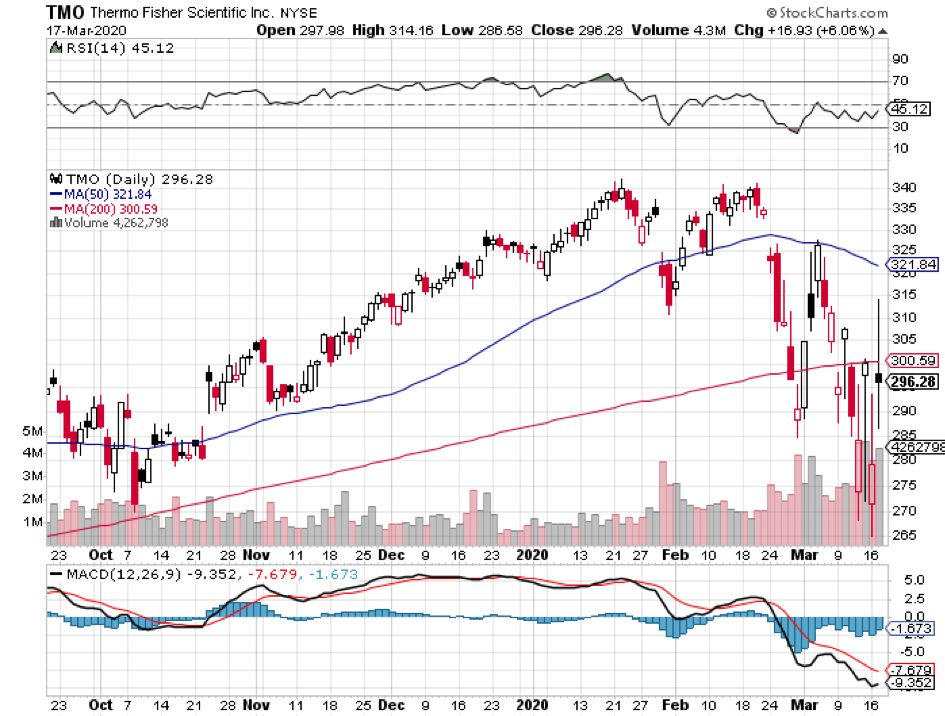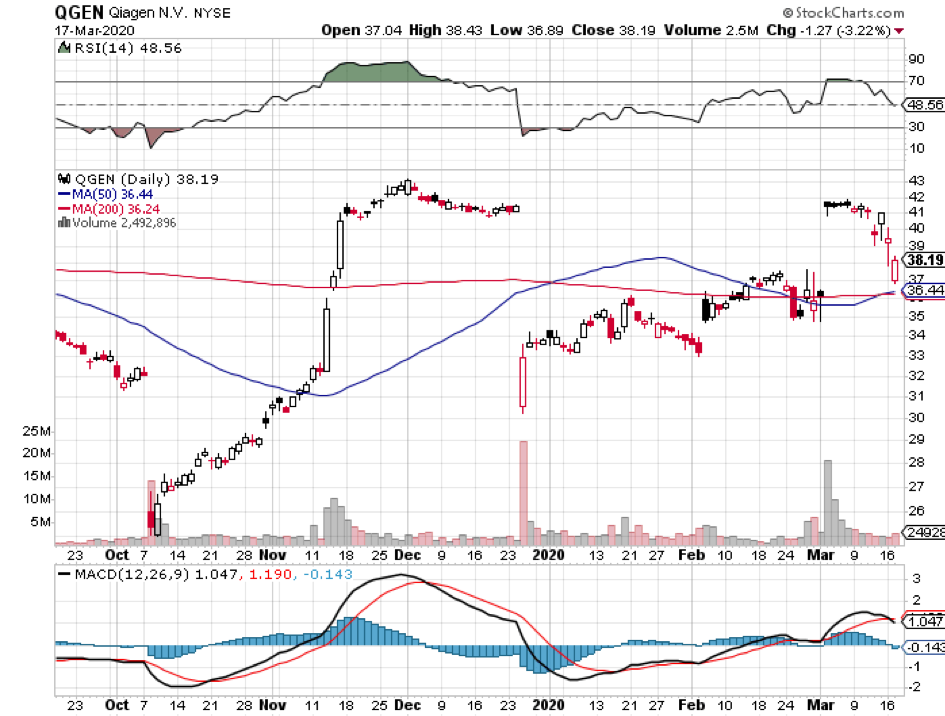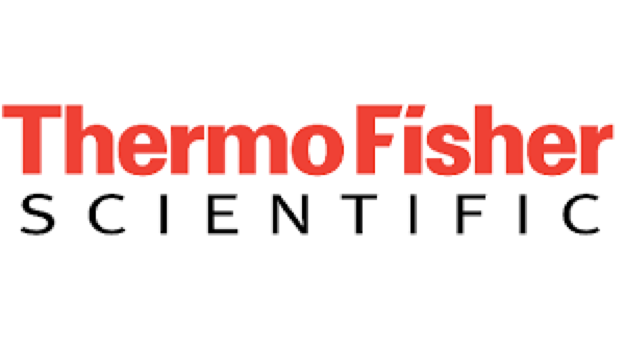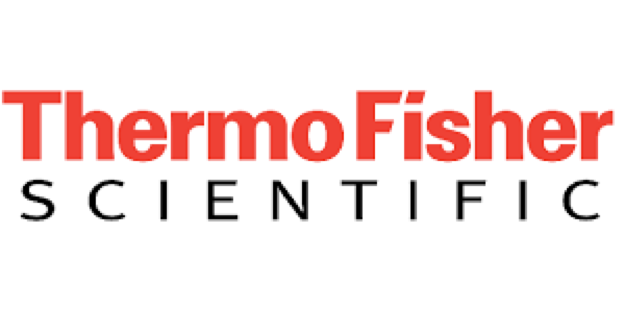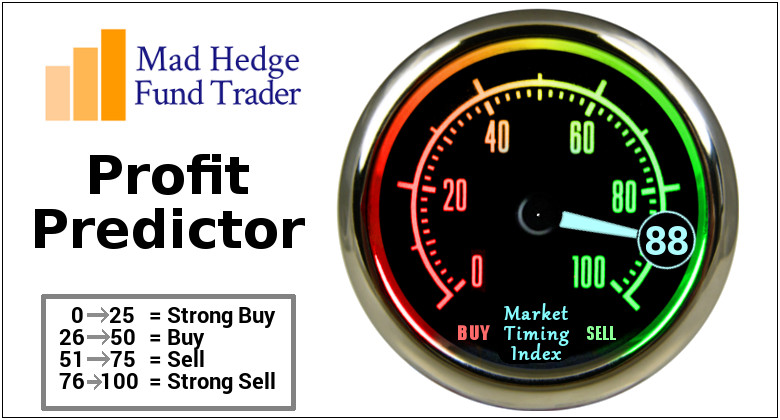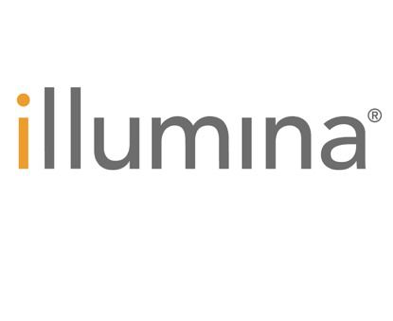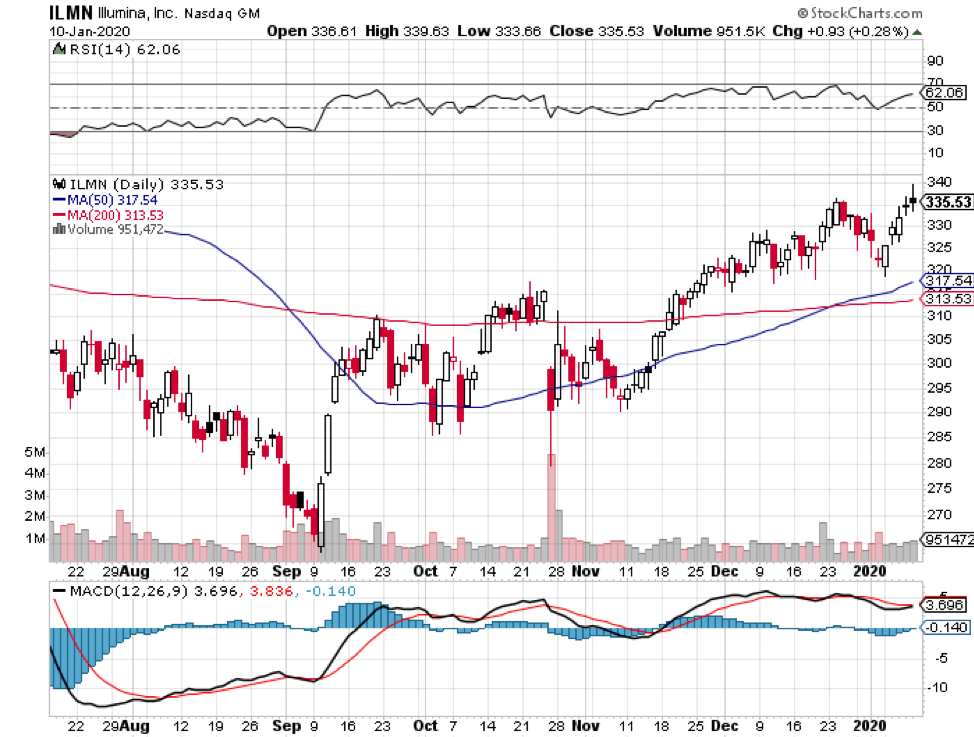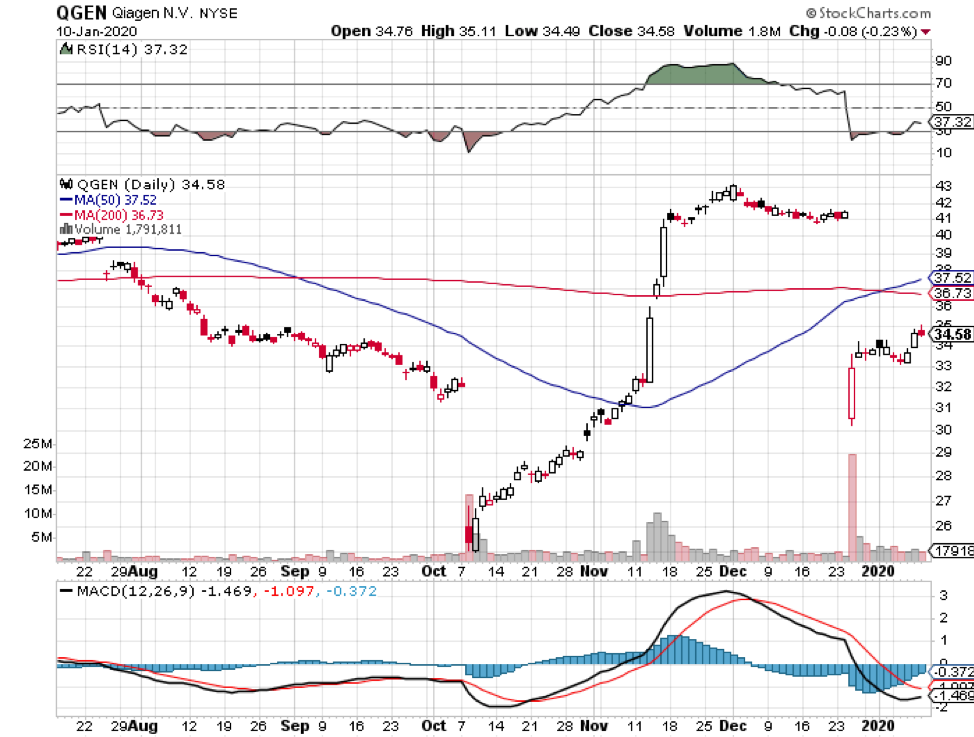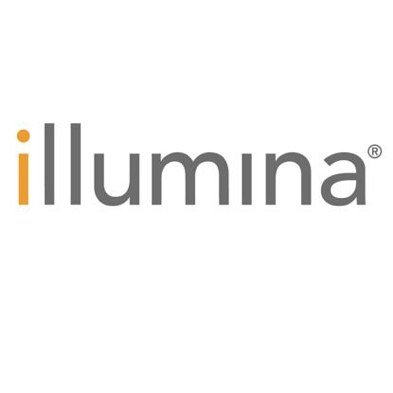Thermo Fisher Scientific (TMO) recently executed a strategic move that effectively transformed itself into a major coronavirus disease (COVID-19) player overnight.
The lab tools giant opened the month of March with a bang as it announced an $11.5 billion acquisition deal with Dutch company Qiagen (QGEN).
The transaction also includes Thermo Fisher’s assumption of Qiagen’s debts worth $1.4 billion, with the US biotechnology company paying roughly $43 per share. The deal is anticipated to be closed by the first half of 2021.
And just like that, Thermo Fisher has positioned itself at the forefront of the potential pandemic threatening to push the global economy to a recession.
What does this transaction mean to the race to solve the looming coronavirus pandemic?
Thermo Fisher and Qiagen make quite a good pair. The Massachusetts giant is a major manufacturer and developer of the CDC-approved scientific equipment used to detect Covid-19 in the US.
Meanwhile, Qiagen provided the equipment used during the SARS and swine flu outbreaks years ago.
In the past weeks since the Covid-19 outbreak, the company has been quietly working on tests for the Wuhan coronavirus as well. The latest update on this front is that Qiagen already shipped test kits for evaluation for the deadly epidemic to four hospitals in China.
Although it’s highly unlikely that Thermo Fisher splurged on an 11-figure deal for the sole purpose of getting ahead in finding the cure for the latest virus epidemic, Qiagen’s promising progress on that particular endeavor possibly nudged the big biotechnology company’s decision along.
Obviously, coronavirus test kits would eventually be huge sellers in the months and even years ahead. However, Thermo Fisher’s interest in this deal goes deeper than that.
Qiagen is a strategic addition to Thermo Fisher and could be a steady revenue source, and one of the key reasons for this collaboration is the complementary nature of both businesses.
Geographically speaking, Thermo Fisher and Qiagen can also conveniently cross-sell from each other’s existing lineups.
The Dutch company’s life sciences and molecular diagnostics solutions are expected to boost Thermo Fisher’s broader set of diagnostic offerings. Hence, this consolidation could potentially amount to approximately $200 million in savings every year in the next few years.
This isn’t the first time that Thermo Fisher wielded its huge cash flow to expand its growth segments.
In 2014, Thermo Fisher executed a $13.6 billion acquisition of genetic testing company Life Technologies. Working hand in hand, the two companies managed to contribute a 44% boost in revenue from $16.9 billion that year to $24.4 billion by 2018.
Just last year, Thermo Fisher snapped up one of the newest and most promising players in the gene therapy sector. Paying $1.7 billion to acquire Brammer Bio, the biotechnology giant secured the expansion of its cell and gene therapy pipeline.
With a free cash flow of roughly $3.9 billion in the past 12 months, the company still has room for additional acquisitions.
Amid all the major moves Thermo Fisher executed in the past five years though, the company has remained consistent in producing a strong bottom line.
Since the deal with Qiagen was announced, Thermo Fisher disclosed that it plans a 16% increase to its quarterly dividend to reach 22 cents per share compared to its current 19 cents. Moreover, the company expects a 14% growth in the next five years and projects to keep up its strong segmental performance.
Although the company’s growth level may not be as enticing for growth investors, its impressive diversification makes it an attractive investment.
Its broad mix of income from numerous segments combined with steady profits allows Thermo Fisher to provide investors the much-needed predictability and stability.
